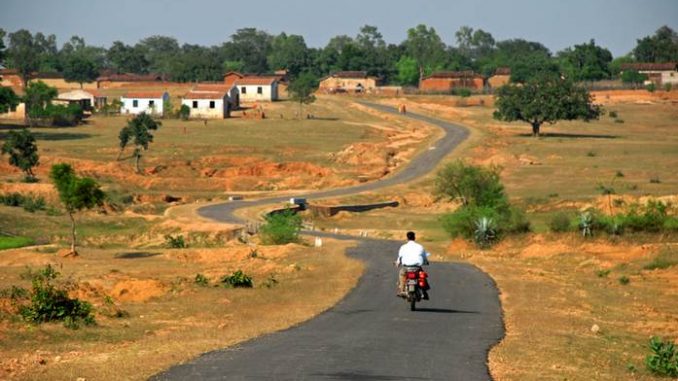
NEW DELHI: Institutional reforms, policies and investments are the key factors that will help India in a speedy and inclusive rural transformation, the United Nations’ body on food and agriculture said in a report today.
Poverty in the Asia Pacific region is largely a rural phenomenon and economic growth alone is not enough to eliminate it, said the Rural Development Report 2016 released by the International Fund for Agricultural Development (IFAD).
“The cases of China, India the Philippines and Vietnam show that policies, institutions, and investments are key to determining the speed and inclusiveness of rural transformation. In each country, land reform, basic investments in rural areas and other sectoral policies have been decisive factors,” it said.
For the Asia Pacific region (APR), it said labour intensive manufacturing will remain an important source of inclusive employment growth in many countries.
However, strengthening of the agriculture-based rural non-farm economy will be central to the structural and rural transformation that draws the rural poor into mainstream.
“Fostering inclusive rural transformation is about making the right strategic choices for rural development in each particular context…inclusive rural transformation will not happen automatically, but must be made to happen,” said Paul Winters, Director of Research and Impact Assessment, IFAD while releasing the report.
Government of these countries need targeted policies and investments that focus on a sustainable agricultural development, helps raise wages as well as create non-farm jobs in the rural areas, it added.
“There is an urgent need to boost financial resources that will help economical and social transformation and the financial institutions need to increase their official assistance,” said Dinesh Sharma, Special Secretary, Finance Ministry.
Secretary in Ministry of Rural Development, Amarjeet Singh stressed on the need to have mechanism farming in India to boost productivity and creation of non-farm jobs like in construction and hotel sectors.
The Ministry has envisaged a target of 10 million houses in rural areas in the near term, he added.
Agriculture Secretary S K Pattanayak said that India lags behind in the Millennium Development Goals and appropriate policies are needed to be adapted for sustainable development and boosting the the farm sector.
He also highlighted the initiatives taken by the government for the farm sector like the Fasal Bima Yojana, soil health card, and e-marketing of agricultural produces.
So far, as many as 200 Electronic National Agriculture Market (eNAMs) have been created and government targets to reach the figure of 585 by the end of this fiscal so that there is a right price discovery by farmers, Pattanayak said.
The IFAD invests in rural people to reduce poverty, increase food security and improve nutrition.
Source: Economic Times

Leave a Reply